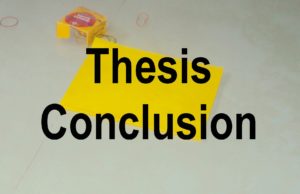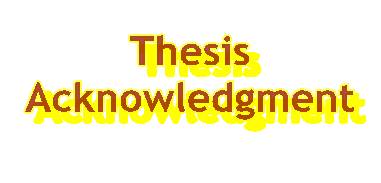A thesis research proposal is a structured, formal document that explains what you plan to research including your research topic, your justification, and your practical approach or methodology. The purpose of the research proposal is to convince your supervisor, your professor, your reader, and panelist that your research proposal is suitable for the requirements and needs of your audience and manageable for the given time and resource constraints. In other words, your thesis research proposal needs to sell your research idea to whoever will approve it.
A good thesis research proposal should answer the what, how, and why of the research. What will answer the research topic. It should be specific and not ambiguous Who will answer the people who will be involved in the project. Include also the purpose of your research thesis proposal and justify why your topic is original and it should be unique. It should also provide methods on how to undertake your research such as the research design and plan manageable
A formal research proposal at the Master’s level often ranges between 2000 to 3000 words, while a Ph.D. level proposal can be ranging from 5000 to 8000 words.
A structured thesis research proposal includes a descriptive title or title page, an introduction and background to the proposed research, a discussion of the scope of the research, literature review, methodology, or proposed research design
 Conclusion is one of most important part of a thesis or research paper. Some thinks that conclusion is place to relax and write whatever you want even though it is not related to your studies. On the contrary, a conclusion should give importance same as the introduction. It is a reminder what you have done and what to expect on your studies. It should not be underestimated after all it is the last part that the reader will remember. Introduction and conclusion is one of the most difficult time to write.
Conclusion is one of most important part of a thesis or research paper. Some thinks that conclusion is place to relax and write whatever you want even though it is not related to your studies. On the contrary, a conclusion should give importance same as the introduction. It is a reminder what you have done and what to expect on your studies. It should not be underestimated after all it is the last part that the reader will remember. Introduction and conclusion is one of the most difficult time to write. Most students do not know what to expect when writing a thesis or dissertation most especially during the process. Writing thesis or dissertation became simple when you know the steps to be taken.
Most students do not know what to expect when writing a thesis or dissertation most especially during the process. Writing thesis or dissertation became simple when you know the steps to be taken. Acknowledgement page on the thesis is the opportunity to thanks those people who help and contribute to your thesis writing. It is way of displaying appreciation for support and assistance in public.
Acknowledgement page on the thesis is the opportunity to thanks those people who help and contribute to your thesis writing. It is way of displaying appreciation for support and assistance in public. Thesis is a written document submitted as candidate for an academic degree or professional qualification. It a paper that proving something with evidence and facts. It can be a long essay or dissertation which involves personal research.
Thesis is a written document submitted as candidate for an academic degree or professional qualification. It a paper that proving something with evidence and facts. It can be a long essay or dissertation which involves personal research.